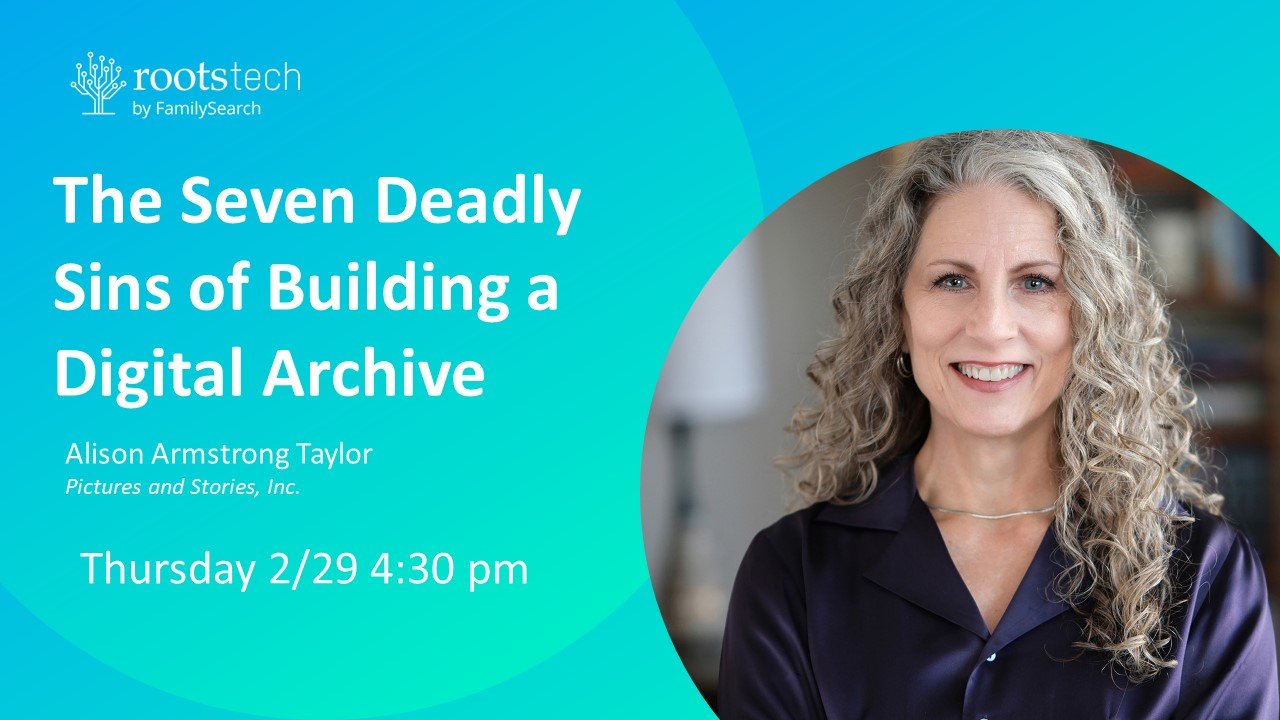You know that recording and sharing your story legacy is important. You really will get to it someday, as soon as you retire; as soon as you can take a month off from work; after the kids leave home…
Or maybe you feel even more urgency about writing and you have committed to do it this year. But it always seems to end up at the bottom of your to-do list, because that garden needs weeding and those peaches won’t can themselves…
Or perhaps you are sitting at your computer right now, waiting for inspiration to strike, or Googling articles on life writing. You’ve written, “I was born…” and then what? Maybe you’ve even written a few stories or a few chapters…but now you have to write about a difficult time in your life and you’re not sure how to approach it. You have lost your momentum and you’re having a hard time starting up again, so instead you clean the refrigerator, or decide that perhaps your head will be clearer if you Kondo your closets first.
I get it. I’ve been there. Even though Tom and I have the last spent fifteen years helping others write their life stories and family histories, we “wish” we had more time to work on our own. It’s the reason why I haven’t written articles like these more often: I tell myself it’s because we are so busy with client work (and we are, for which we are blessed and grateful!). But my procrastination is really due to one reason.
Memoir coach Marion Roach says,
“There is one single thing holding you back as a writer, and here it is.”
“You just do not know what to write next.”
It’s a true thing. It’s what holds us back from anything important we need to do but just can’t seem to jump on right away. Nine times out of ten, we avoid beginning because the next step is murky. That’s why tasks like cleaning the refrigerator are so attractive: the task is finite, has clearly defined boundaries, and shows immediate results. We feel in the moment like we’re doing something productive, but it’s really not the most important use of our time.
So here are some clear, actionable next steps to short-circuit your “pre-crastination” tendencies:
First, make a life timeline. Free-associating your memories and capturing them in very short notes on a timeline of your life frees you from having to think chronologically and removes the pressure of deciding what to include in your writing. Anything goes on the timeline; you can decide later what to keep and what to leave out. And it’s fun! Once you start, you’ll find yourself in “memoir mode,” where random memories flow while you’re driving or doing the dishes, and you have a way to capture them for future writing sessions. Here’s where you can read more about creating a life timeline.
Don’t try to write chronologically. Pick the “low hanging fruit” story and write about that. Seriously, starting with “I was born” and trying to write everything you remember in a chronological narrative is the hardest way to write. Instead, look at your list of story ideas and choose the one that seems the easiest to write about, or the most fun. Start with that, and then pick the next easiest one. You can put them in order later, and by the time you get to the more difficult stories, you’ll have gained momentum. Read more about the “low hanging fruit” method here.
Talk to someone and hit “record.” Next time you’re at dinner regaling your family or guests with a story from your life, get out your smartphone and record yourself telling the story. You have a ready-made rough first draft of that story which you can transcribe and edit, which for most of us is much easier than writing from scratch.
Think of your life story writing as a lifestyle rather than a task. Writing can become a habit if it’s important to you. You can write anywhere, on anything. You don’t need an fancy office, or a computer, or even peace and quiet. When inspiration strikes, write down a few notes wherever you are. Then you will always have a clear “next step” to flesh out when you do have a little more time.
If you want further inspiration:
A couple of great posts from memoir coach Marion Roach. (While she mostly coaches professional writers, much of what she writes applies to anyone who wants to write.) She has a podcast too.
What is Holding You Back as a Writer? Clue: It’s Not Clutter
5 Insanely Simple Steps to Plan a Book
Also, you might want to check out this touching and hilarious classic about writing from Anne Lamott.
Bird by Bird: Some Instructions on Writing and Life
“Thirty years ago my older brother, who was ten years old at the time, was trying to get a report on birds written that he’d had three months to write. It was due the next day. We were out at our family cabin in Bolinas, and he was at the kitchen table close to tears, surrounded by binder paper and pencils and unopened books on birds, immobilized by the hugeness of the task ahead. Then my father sat down beside him, put his arm around my brother’s shoulder, and said, ‘Bird by bird, buddy. Just take it bird by bird.’”



